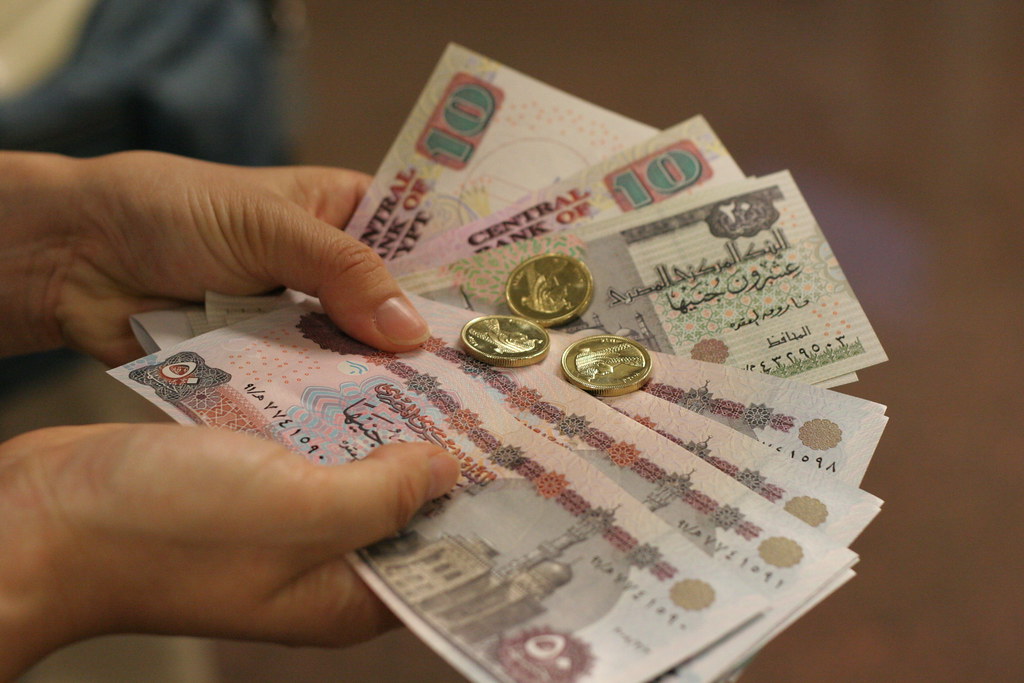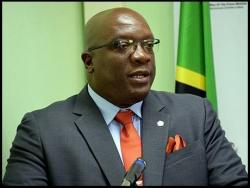Wage increase and new minimum wage for Egyptian private sector workers start in January

Egypt announced that January marks the start of wage increases for private sector workers, with a minimum wage of LE 2,400 – a first for the country’s private sector.
The National Wage Council has decided that the implementation of the minimum wage for the private sector will be compulsory from January 1st.
Minister of Planning and Economic Development and head of the National Wages Council Hala al-Saeed said the implementation of the minimum wage for workers and the periodic bonus in the private sector is an unprecedented decision.
The advice sought to strike a balance between the right of workers to an appropriate wage to ensure an adequate standard of living and an understanding of the economic conditions experienced by some private institutions.
Saeed confirmed that the decisions of the National Wage Council are binding and that the increase in private sector wages is in line with the new labor law currently under discussion in parliament.
The minister pointed out that there will be penalties for companies that do not commit to applying the minimum wage – these fines will be between LE 1,000 and LE 5,000 per employee.
The value of the new periodic premium is also three percent of the value of the insurance salary, with a minimum of LE70 for the premium.
A representative of the Egyptian Trade Union Federation on the National Wage Council, Magdy al-Badawy, said that except for establishments that have submitted requests for exemption from the 2022 wage increase due to economic conditions, minimum wage payment will be applied with January wages. – unless they already receive the same value of LE 2,400.
The National Wage Council received 5,945 requests from private sector establishments in 22 sectors to exclude them from the application of the minimum wage due to their economic conditions. At the end of October, the council ended the period for receiving exemption requests.
From July to October, the council had reached 5,940 requests, including 3,090 individual ones.
The National Wage Board is responsible for setting a national minimum wage and reviewing the minimum wage at the end of each fiscal year. It takes into account the evolution of prices and the cost of living, in addition to examining the complaints of establishments that are not able to pay the periodic increase and examining the salary structure of the different professions, sectors and country activities.






